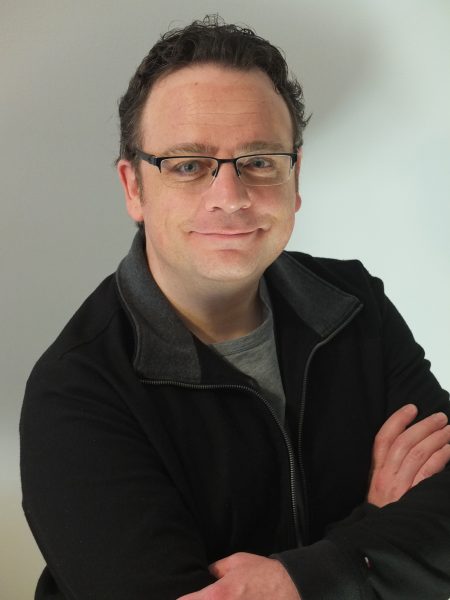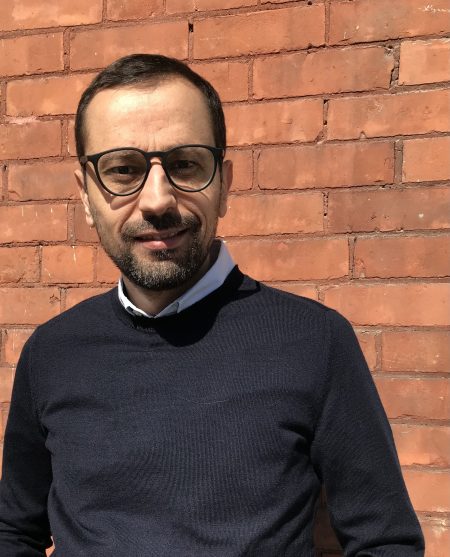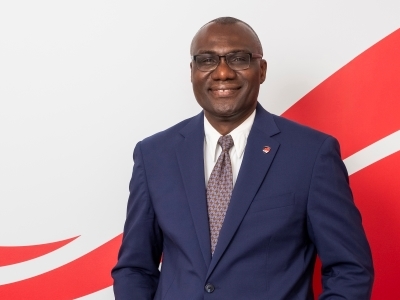These days, Carleton graduate students and postdoctoral fellows have access to a newly revamped professional development (PD) program that is only growing in size and scope.
 David Lafferty, Coordinator of Graduate Development, describes the need for a new approach: “We know that graduate students need more than just a series of workshops to help them succeed while at Carleton and beyond. What we have to build is a robust culture of graduate professional development.”
David Lafferty, Coordinator of Graduate Development, describes the need for a new approach: “We know that graduate students need more than just a series of workshops to help them succeed while at Carleton and beyond. What we have to build is a robust culture of graduate professional development.”
Karim Abuawad has been providing guidance to graduate students through individual writing support and career assistance sessions. The writing support sessions give students access to a non-evaluative, supportive environment for discussing and seeking solutions to the writing-related challenges they are facing. The consultations support students as they plan and write their theses and dissertations. Career assistance sessions facilitate career planning, brainstorming, self-evaluation, and goal setting.
Students may also seek guidance as they create their own Individual Development Plans (IDPs). Abuawad explains: “As part of our new series of workshops, ‘Establish Your Career Narrative,’ we encourage students to create IDPs by reflecting on their transferrable skills, researching various career options, and developing any needed skills through taking advantage of professional development opportunities they have identified. Each graduate student is in a unique situation, and we provide students with personalized and flexible approaches.”
 As part of refocusing PD resources, Abuawad also designs and delivers professional writing modules on topics such as grant writing, business reports, and organizing academic articles. Through multi-session modules, Abuawad helps participants understand and critique writing principles pertaining to the topic of each module. Participants then compose a short sample to practise applying the principles learned during the sessions. The feedback students receive on their samples ensures that the module’s hands-on learning objectives are met.
As part of refocusing PD resources, Abuawad also designs and delivers professional writing modules on topics such as grant writing, business reports, and organizing academic articles. Through multi-session modules, Abuawad helps participants understand and critique writing principles pertaining to the topic of each module. Participants then compose a short sample to practise applying the principles learned during the sessions. The feedback students receive on their samples ensures that the module’s hands-on learning objectives are met.
Over the past year, the team has developed new programs and events adapted to online delivery, including a series of live interviews with Carleton alumni. During the interviews, alumni talk about their field of employment, discuss their experiences and the lessons they learned on the job market, and answer students’ questions. The discussions focus on either working outside of academia or securing alt-ac (“alternative academic”) positions.
Another goal of the professional development program is to encourage graduate students to engage with the public and share their ideas. As part of this effort, Lafferty is organizing a research competition called GRADflix. Originally developed at the University of Waterloo, GRADflix challenges students to present their research to a general audience in a video of one minute or less in length. Lafferty remarks, “This contest encourages graduate students to both learn how to communicate their research in a compelling way and develop video editing and multimedia skills that can be very valuable for future employment, whether in academia or in non-academic fields like communications.”
Lafferty and Abuawad have big plans for the future. They are designing a professional development curriculum that will provide students with even more robust preparation for life after graduation. “We want to help equip graduate students with skills that will benefit them in a variety of contexts,” says Lafferty. “And at the same time, we want to help them change their way of thinking, so that professional development becomes part of their everyday life.”
To receive regular updates on PD events and resources, graduate students and postdoctoral fellows are encouraged to add their email address to the PD mailing list.
Saturday, March 20, 2021 in News, Professional Development
Share: Twitter, Facebook



